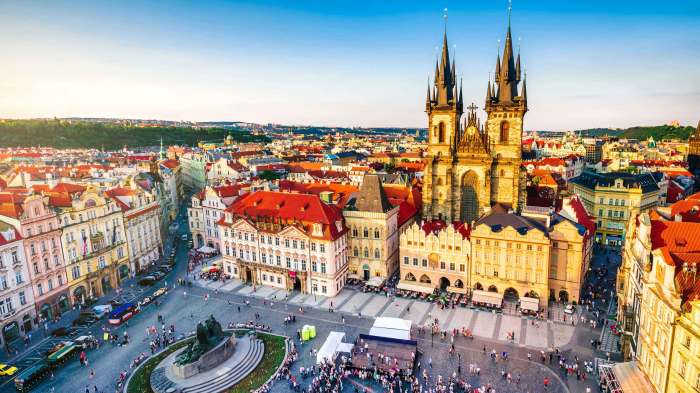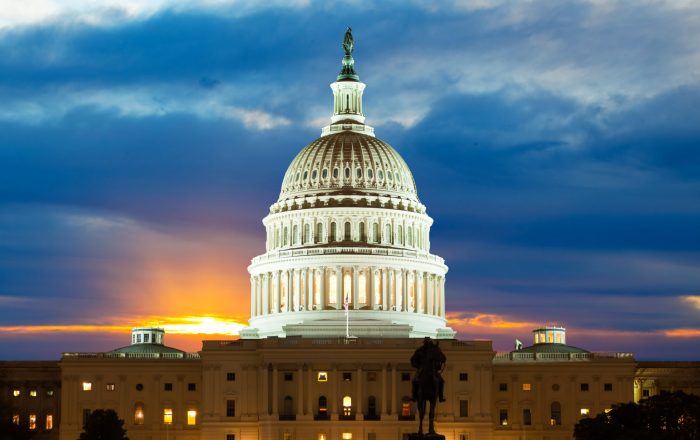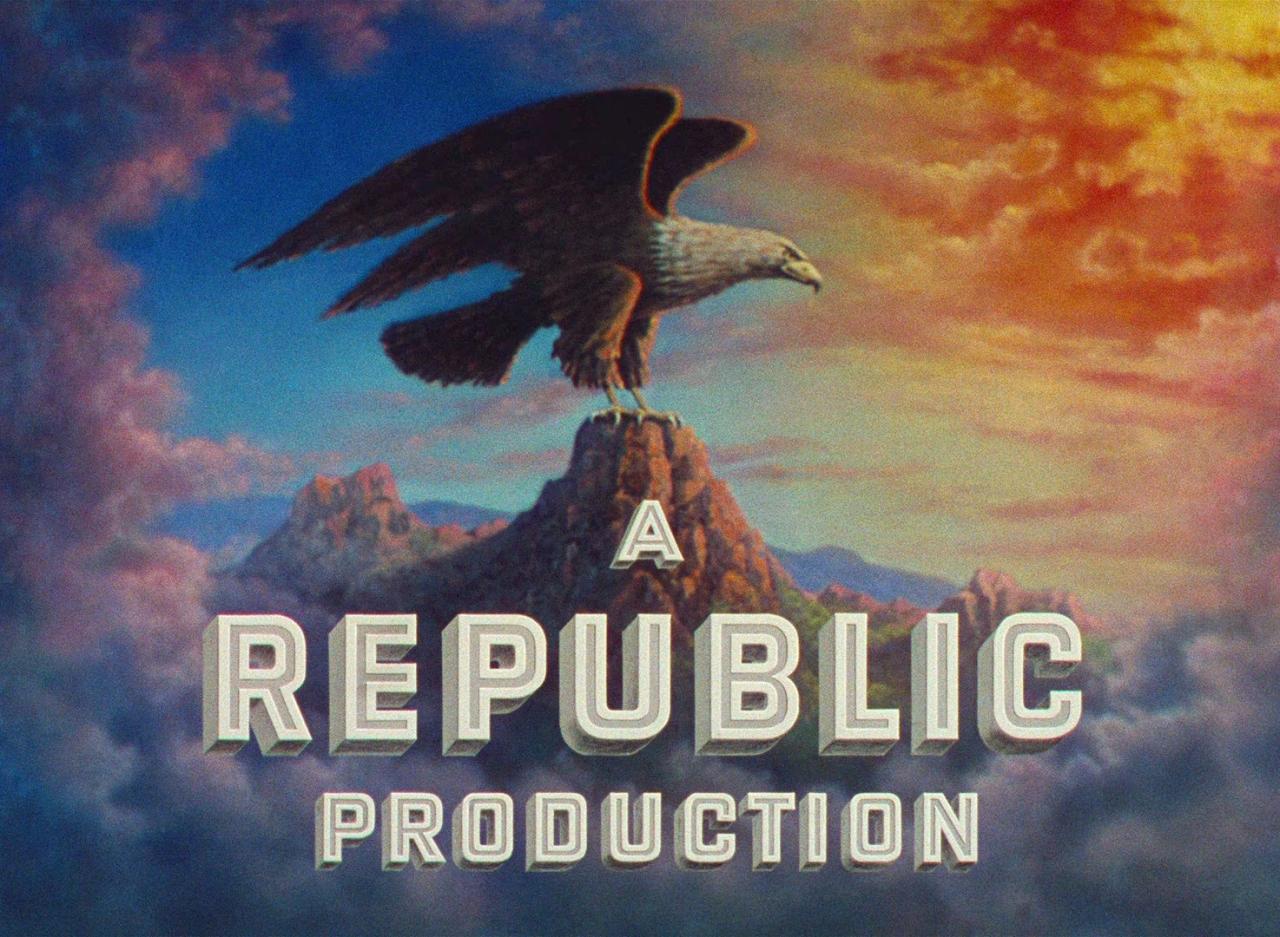Embark on an intellectual journey as we delve into the enigmatic world of systems of government. This comprehensive exploration, aptly titled “System of Government Crossword Clue,” promises to illuminate the intricate structures, processes, and principles that shape the governance of nations.
From the fundamental concept of government to the diverse typologies and their real-world applications, we will unravel the essential elements that define a system of government. We will examine the roles and responsibilities of the executive, legislative, and judicial branches, exploring the principles of separation of powers and checks and balances that ensure accountability and prevent tyranny.
Political Structures

A system of government refers to the organized framework through which political power is exercised in a society. It defines the distribution of authority, the roles and responsibilities of government institutions, and the relationship between citizens and the state.
Different types of government systems exist, each with its own unique characteristics and principles. Some of the most common systems include:
- Monarchy:A system where power is vested in a single hereditary ruler, such as a king or queen.
- Republic:A system where power is vested in elected representatives of the people, rather than a monarch.
- Dictatorship:A system where power is concentrated in the hands of a single individual or a small group, who rule without significant constraints or checks on their authority.
Examples of countries that use these systems include the United Kingdom (monarchy), the United States (republic), and North Korea (dictatorship).
Key Elements of Government
Essential elements of a system of government typically include:
- Executive branch:Responsible for carrying out the laws and policies of the government, typically headed by a president, prime minister, or monarch.
- Legislative branch:Responsible for making laws, often comprising a parliament or congress with elected representatives.
- Judicial branch:Responsible for interpreting and enforcing laws, typically composed of courts and judges.
These elements are designed to ensure a separation of powers and checks and balances, preventing any one branch from becoming too powerful.
Constitutional Frameworks
Constitutions play a crucial role in defining systems of government by establishing the basic principles, structures, and powers of the state. They Artikel the rights and responsibilities of citizens, the distribution of authority among government branches, and the procedures for amending the constitution itself.
Notable constitutions include:
- United States Constitution:Established a federal republic with a strong emphasis on separation of powers and individual rights.
- British Constitution:An unwritten constitution that has evolved over centuries, establishing a parliamentary monarchy with a constitutional monarchy.
- Indian Constitution:The longest written constitution in the world, guaranteeing fundamental rights and establishing a democratic republic.
Government Processes, System of government crossword clue
Government processes involve the mechanisms through which officials are elected or appointed, laws are passed, and policies are implemented.
- Elections:Processes for selecting government officials, ranging from direct popular vote to indirect electoral systems.
- Legislation:Procedures for proposing, debating, and passing laws, typically involving multiple readings and votes.
- Policy implementation:Mechanisms for putting government policies into action, often involving administrative agencies and enforcement mechanisms.
Query Resolution: System Of Government Crossword Clue
What is the primary function of a constitution?
A constitution establishes the framework for a system of government, defining its structure, powers, and limitations, and safeguarding the rights and freedoms of citizens.
What is the difference between a monarchy and a republic?
In a monarchy, the head of state is a monarch (king or queen) who inherits the position, while in a republic, the head of state is elected by the people or their representatives.
What is the significance of citizen participation in government?
Citizen participation is crucial for ensuring accountability, transparency, and responsiveness in government, as it allows citizens to have a voice in decision-making and hold their leaders responsible.


